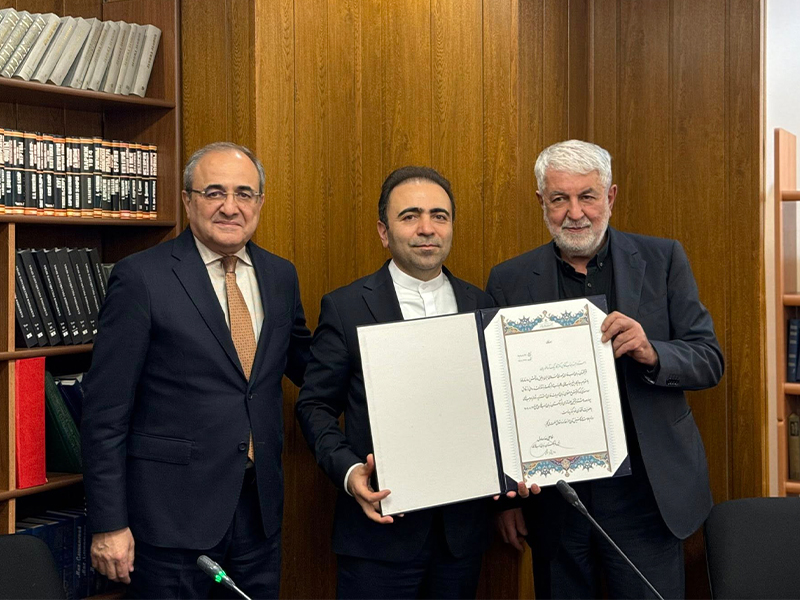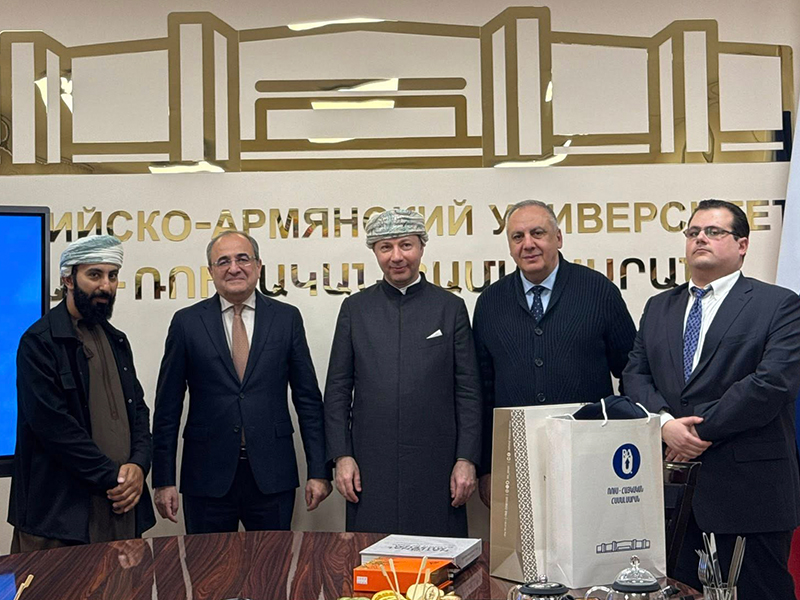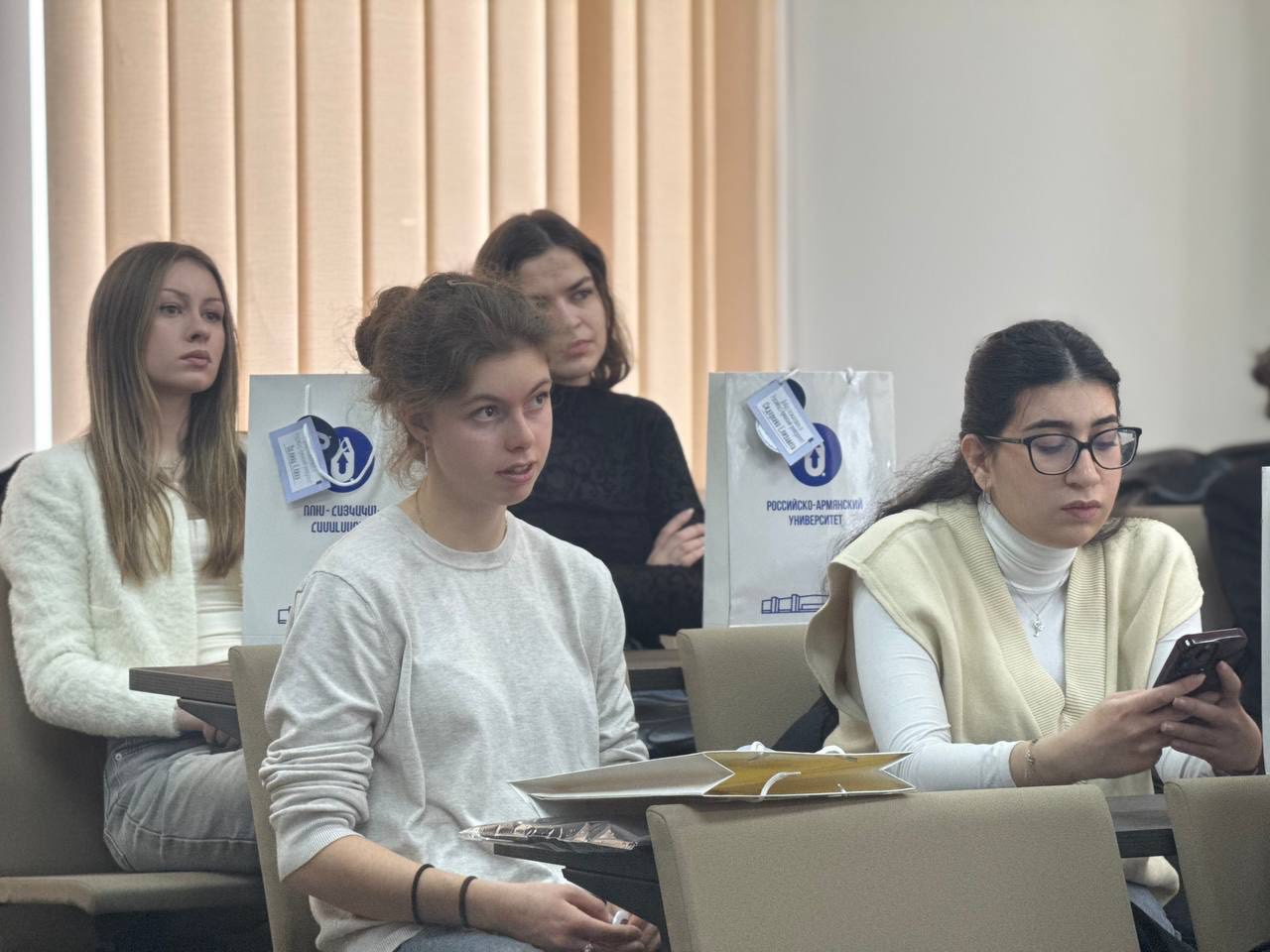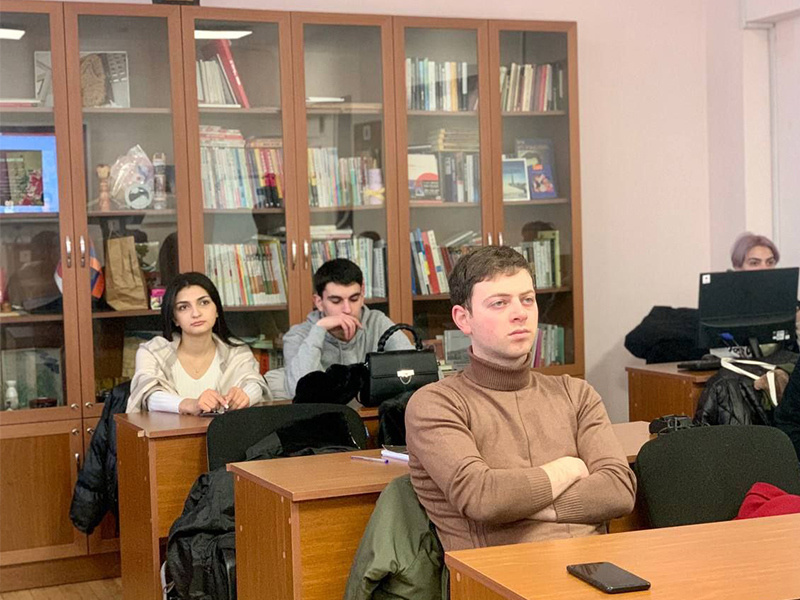
- 14 Feb
- 2023
St Petersburg University Associate Professor Maria Malashevskaya Told RAU Students about Intellectual history of Japan from Meiji to Heisei
The speaker connected online and walked the listeners through the features of the emergence of a new university, the key characteristics of new literature and a new type of scientist in the history of the Land of the Rising Sun.
As part of a series of lectures on Japanese studies, Associate Professor of St. Petersburg State University Maria Malashevskaya gave a lecture called "Intellectual History of Japan from Meiji to Heisei" to RAU students on February 14. The speaker connected online and walked the listeners through the features of the emergence of a new university, the key characteristics of the new literature and a new type of scientist in the history of the Land of the Rising Sun. Now the students know that the Meiji era is a period in the history of Japan from 1868 to 1912, characterized by a whole range of political, military and socio-economic reforms.
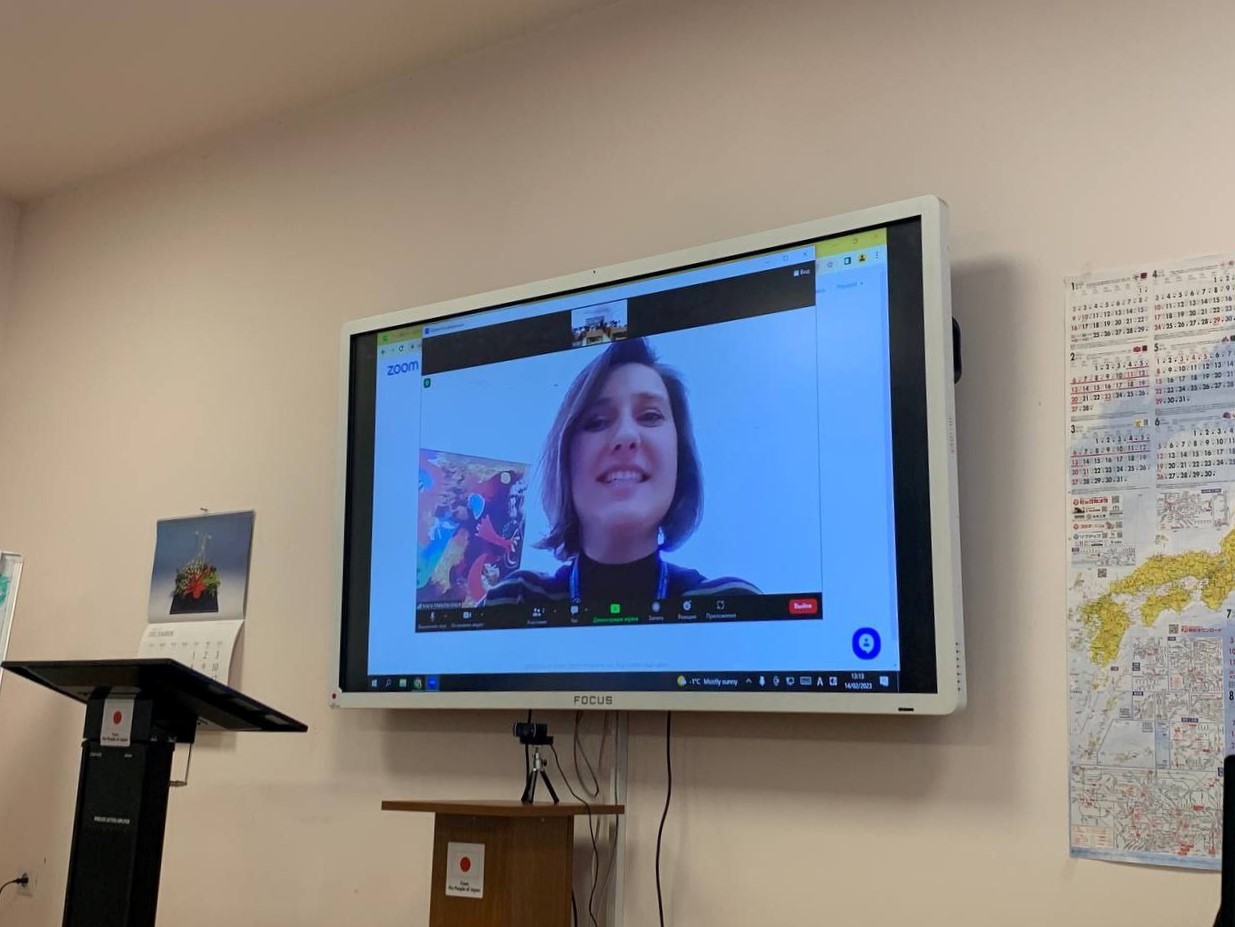 "A paradigm is being developed that combines both written and spoken language. The Tokyo dialect is taken as a basis, and a form of written language that reflects the realities of oral speech is gradually developed," Maria Malashevskaya highlighted.
"A paradigm is being developed that combines both written and spoken language. The Tokyo dialect is taken as a basis, and a form of written language that reflects the realities of oral speech is gradually developed," Maria Malashevskaya highlighted.
The Russian expert also spoke about the differences between the new model of academics and the old one: "The new academics consisted in finalizing Western values and synthesizing them with Japanese ones. It was the most important element of intellectual culture, as it persists to this day."
According to the specialist, at the beginning of the 20th century, two issues were relevant - a rethinking of Japan's position in the world and the role of Japanese culture in the era of globalization. One example of the changes that have taken place was the understanding of freedom in Japanese. Freedom for the Japanese does not mean selfishness and is not expressed in the desire to meet the needs of their own self. The term "freedom" has been introduced into the language, but to this day there is a heated debate in many circles about what Japanese freedom is.
It should be noted that the series of lectures on Japanese studies has been organized by RAU Institute of Humanities in cooperation with the Japan Foundation.
Translated by Praksya Ayvazyan,
I year Master’s Student in Translation & Interpretation, RAU
I year Master’s Student in Translation & Interpretation, RAU






